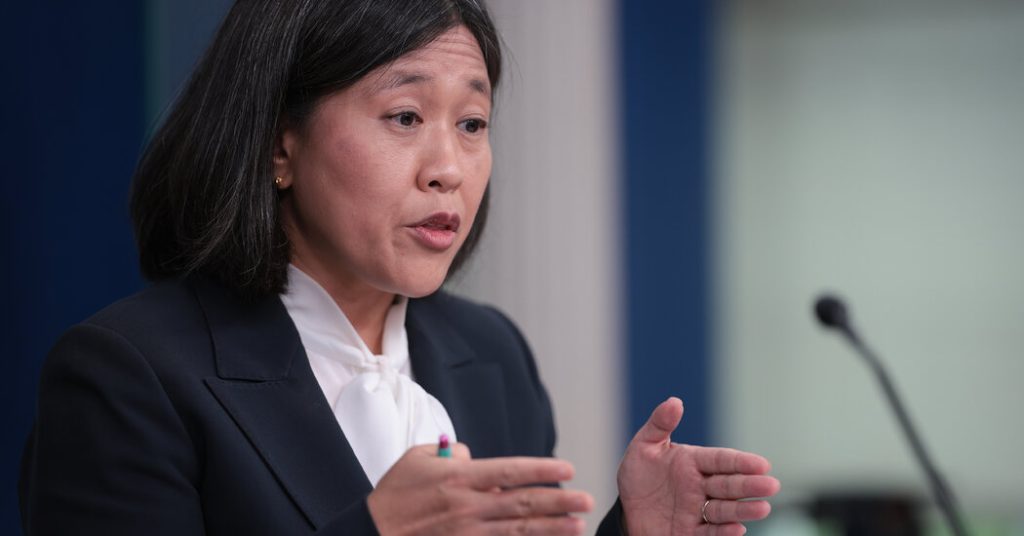Trade experts predict that Washington’s tough-on-China protectionist stance, involving tariffs and export restrictions, will likely backfire. Chinese companies, such as Huawei, have shown that they can find workarounds to restrictions, including utilizing gray channels to obtain banned materials for manufacturing. The implementation of restrictions on Chinese electric vehicles may lead companies to increase production in Mexico to avoid import taxes, creating a game of Whac-a-Mole in the trade war. Protectionist policies are criticized for stifling competition, limiting consumer choice, and driving up prices, which could hinder economic growth and the labor market.
Both the Trump and Biden administrations have embraced anti-China policies, justifying increased tariffs by accusing China of flooding global markets with low-priced exports. The TikTok divestment or ban law exemplifies the unity in Congress around restricting Chinese tech companies in the United States. The U.S.-Chinese trade war has led to a surge in protectionist policies worldwide, utilizing tax breaks, subsidies, and export restrictions to boost strategic sectors at the expense of foreign rivals. However, critics point out that such legislation can be influenced by industry lobbyists and may introduce loopholes that can be exploited.
Some economists argue that industrial policies offering businesses incentives, such as low-interest loans and grants for research and development, can be more effective in promoting innovation and economic growth than restrictive trade policies. Joseph Stiglitz highlighted the Cold War space race as an example of successful government support for research and development to achieve national goals. Regardless, protectionist tariffs under both the Trump and Biden administrations are expected to hinder economic growth and the labor market, creating challenges for policymakers aiming to balance national security with economic interests.
John Mackey, co-founder of Whole Foods, discussed his upcoming book and reflected on the circumstances surrounding the company’s acquisition by Amazon. He emphasized the importance of staying out of politics as a C.E.O., as speaking out on issues can risk being misinterpreted as the company’s stance. Despite growing pressure for business leaders to take stances on social and political issues, Mackey advocated for staying focused on the core mission of the business. He also expressed concerns about how the concept of conscious capitalism is being perceived and utilized by different groups.
Mackey’s new venture, Love.Life, aims to create a holistic health and wellness club, offering services such as healthy food restaurants, fitness centers, spas, and medical centers focusing on functional and lifestyle medicine. He explained that his motivation to start a new company at the age of 70 stems from his passion and desire to contribute positively to the world. Mackey’s reflections on conscious capitalism and the challenges it faces in the current business landscape highlight the evolving dynamics of corporate responsibility and stakeholder engagement.







